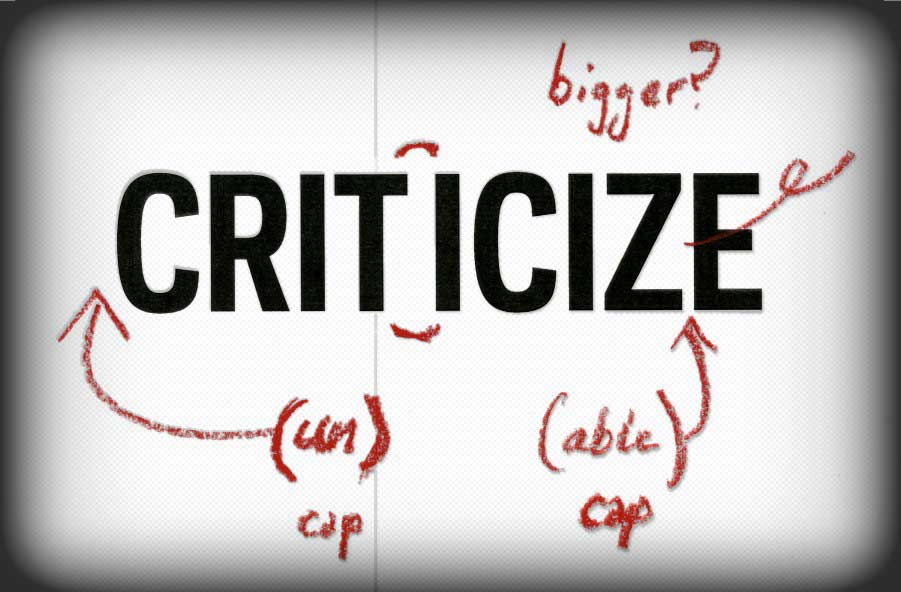“Pastor, I appreciate that you preached about racism, today,” he said. “But, I always appreciate a good gospel sermon, too.” He shook my hand, walked away, and I moved on to speak to the next person. A small line usually forms around a pastor after his sermon, after all. But this man’s passing comment made a lasting impression on me. You see, this man probably didn’t mean anything by this phrase. I had, in fact, preached about racism that Sunday. I had also worked hard to make that sermon a gospel-saturated sermon. Yet, despite my best efforts, this man managed to walk away thinking I preached about race, and not about Jesus. There are race issues, and there are Jesus issues, with a semi-permeable membrane between them.
And that, right there, is the problem.
We white people have the luxury of thinking this way because we almost never, ever have to think about being white. We just are. Then, when confronted by our black, asian, or hispanic bothers and sisters about their experiences with racism we think, “Well why don’t they just think like me? I never think about being white, so they should stop thinking so much about being black.” When we think this way (or worse, talk this way) we do our non-white friend a double injustice: we misunderstand their experience, and we, white people, demand they change to be more like us.
Inability or unwillingness prevents us from seeing that most people of color don’t ever get a day off from thinking about their ethnicity. Why? Because we live in a culture that just won’t let them. So, we go on thinking that there are race issues and Jesus issues. “Systemic injustice may or may not exist,” we tell ourselves, “but I’m just going to preach the gospel.” And we are wrong, because race issues are Jesus issues.
A Tale of Two Scriptures
When Paul wrote to the church in Ephesus he gave some of the most beautiful words to those Jesus issues. The glory and greatness of the gospel expound in Ephesians 2:1-10 is one of those well-worn paths in my Bible.
“You were dead in your trespasses … but God being rich in mercy made you alive together with Christ. By grace you have been saved…”
Yet, despite my love for this part of Ephesians, I never saw how it necessarily connects to 2:11-22.
“For he himself is our peace, who has made us both one and has broken down in his flesh the dividing wall of hostility … that he might create in himself one new man in place of the two, so making peace, and might reconcile us both to God in one body through the cross, thereby killing the hostility.”
And as any good New Testament exegete would know (or at least, should know) these two passages are connected with the magic word “therfore” (v. 11) That is, Paul built his whole case for ethnic unity and mutual love atop the gospel, not apart from it.
A Tale of Two (More) Scriptures
Lest you think that such a connection is a one-off Pauline fluke, join me in 2 Corinthains 5. Again, this chapter contains one of my favorite Scriptures,
“For our sake he made him to be sin who knew no sin, so that in him we might become the righteousness of God."
That is a wonderful bit of news: that God exchange my unrighteous sinfulness with Jesus’s perfect and beautiful righteousness. But that verse summarizes an entire chapter on reconciliation!
“All this is from God, who through Christ reconciled us to himself and gave us the ministry of reconciliation; that is, in Christ God was reconciling the world to himself, not counting their trespasses against them, and entrusting to us the message of reconciliation.” (2 For 5:18-19)
In other words, the preaching of the message, “God wants to reconcile you to himself,” is organically connected to the message, “God is reconciling the world to himself.” So, as Paul says, “Be reconciled to God!” (v. 20)
The Cost and The Opportunity
For a long time the American church missed this connection. But God was not content to let people of color languish, so he raised deliverers out from under the white, evangelical church. But what if we white folks allowed that fact to wake us from the slumbering insufficiency of believing there are Jesus issues and race issues. If we go on thinking like that, then answers to our nation will seek answers to race issues from every other source but Jesus. That cost is too high to bear.
No, let it be said of us that we seized the opportunity to love God more, to love the gospel more, and to love our neighbors more be finally embracing the fact that race issues are gospel issues. Therefore, confronting racism isn’t an option for Jesus’ people. It’s built in to the great commission.
Paul seemed to think so. So, I wonder. Do you?





 No has fallen on hard times lately.
No has fallen on hard times lately.